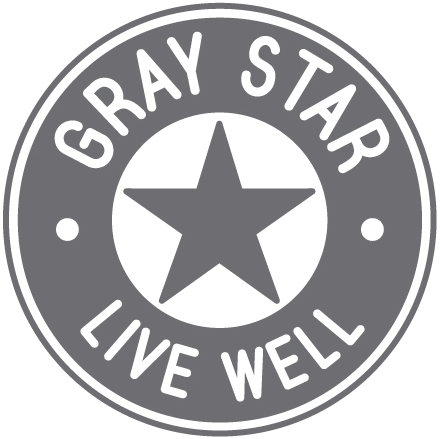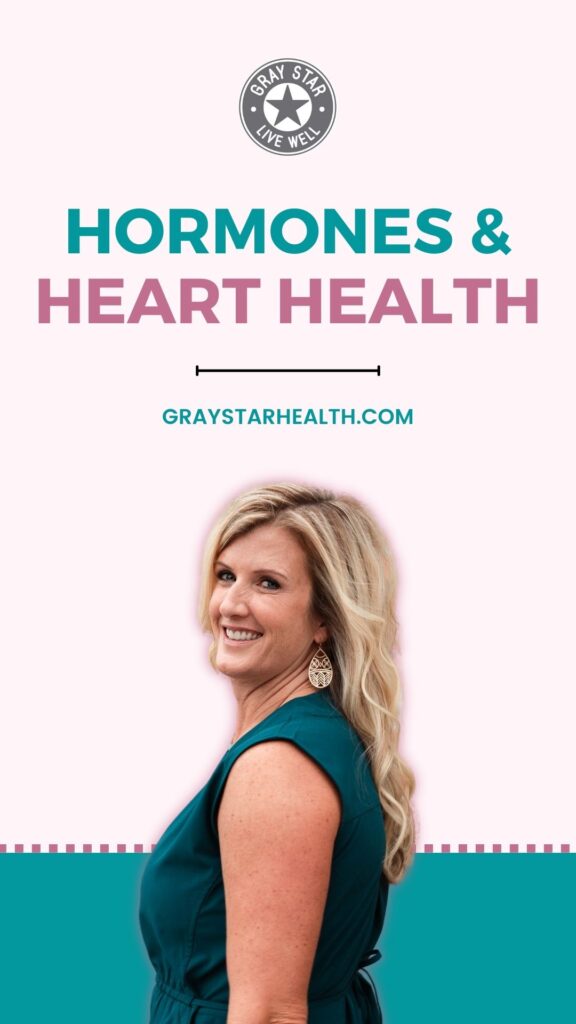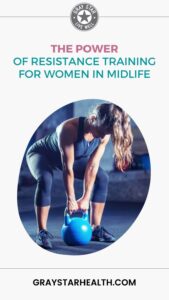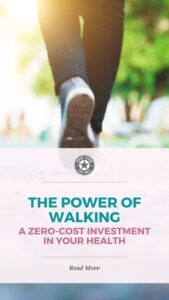Dr. Felice Gersch, Board Certified in OB/GYN & Integrative Medicine., expert in menopause and women’s health, recently published an article “Estrogen and Cardiovascular Disease” had been published in the medical journal, Progress in Cardiovascular Diseases. It reviews 20 years of evidence documenting the beneficial roles of estradiol and progesterone on the cardiovascular system in reproductive women, while noting the accelerated development of cardiovascular disease in menopausal women, when hormone levels decline dramatically. It further discusses that numerous studies have consistently shown safety and health benefits of menopausal hormone use and suggests that physicians and cardiovascular specialists consider the use of bioidentical hormone replacement to maintain a cardiovascular and overall health and longevity.
I’m excited about this article and want to “shout it from the rooftops”. But let’s back up for a minute so I can explain why.

Did you know that heart disease is the number one killer of menopausal women?
While women know about hot flashes, weight gain, fatigue, insomnia and other symptoms associated with perimenopause and menopause, most are completely unaware of how risk of developing cardiovascular disease increases as hormones levels drop.
Estrogen and progesterone play crucial roles in maintaining the health of a woman’s cardiovascular system throughout her reproductive years. These hormones have a range of effects on blood vessels, cholesterol levels, and overall heart function. Estrogen, in particular, is known to have vasodilatory effects, promoting the relaxation and widening of blood vessels. This helps to improve blood flow, reduce arterial stiffness, and lower blood pressure. Estrogen also contributes to favorable lipid profiles by increasing high-density lipoprotein (HDL or “good” cholesterol) levels and decreasing low-density lipoprotein (LDL or “bad” cholesterol) levels.

During perimenopause and into menopause, the ovaries gradually cease hormone production, leading to a significant decline in estrogen and progesterone levels. This hormonal shift can have profound effects on the cardiovascular system. The loss of estrogen’s protective effects can contribute to an increased risk of cardiovascular diseases, including coronary artery disease. Arterial stiffness may rise, blood vessels may become less flexible, and there may be alterations in lipid metabolism, potentially leading to unfavorable changes in cholesterol levels. ( it’s important to be checking your cholesterol levels annually, especially after age 40 ) Additionally, the decline in estrogen levels may contribute to an increased incidence of hypertension, further impacting overall cardiovascular health in postmenopausal women.
In addressing the cardiovascular implications of menopause, it becomes crucial for women to adopt heart-healthy lifestyle practices:
- Daily movement and regular exercise
- Consume more whole foods, veggies and fiber
- Reduce sugar, processed foods and inflammatory oils in processed foods
- Reduce your stress
- Get adequate sleep, rest, recovery
- Use supportive supplements
- Watch out for inflammation
- When appropriate, consider hormone replacement therapy.

Each of these strategies is a powerful ally in supporting cardiovascular resilience and reducing the risk of heart-related complications during the menopausal transition, not to mention they are paramount to optimizing our quality of life and longevity.
Don’t forget to have regular cardiovascular screenings, annual blood work and discussions with your healthcare providers. Advocate for yourself, your heart and your health!
If you need help getting started, let’s connect.
Schedule a complimentary consult call TODAY









